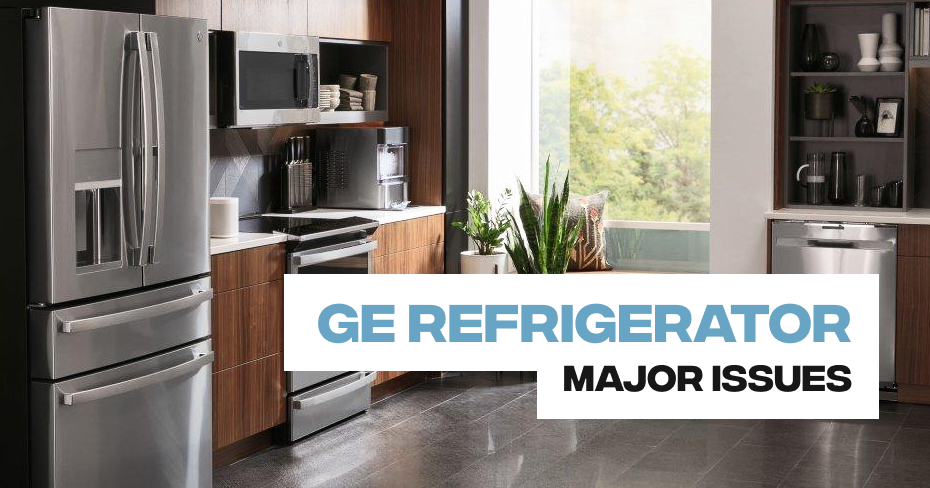
GE Refrigerator Freezer Not Freezing
If you’ve started to notice that your freezer is not as cold as it should be, there may be an easy fix. A little maintenance and care can go a long way in ensuring your freezer is running efficiently. Let’s explore some of the most common reasons why a freezer may not be freezing properly—and what you can do to resolve the issue.
1. Condenser Coils
Over time, dust and dirt can accumulate on the condenser coils, blocking proper airflow and reducing the cooling capacity of your freezer. Clean the condenser coils every few months to help ensure your appliance is performing optimally.
To clean the condenser coils, unplug the appliance. Depending on the model of your fridge or freezer, the coils may be located on the back of the appliance or near the bottom at the front. For rear coils, move the appliance away from the wall until you are safely and comfortably able to access them. For front coils, unsnap the base grille that covers the coils. Give the coils a thorough cleaning using a refrigerator coil brush or a vacuum hose with a soft brush head. Replace the grille, reposition the appliance, and plug it back in.
2. Door Seal
Your freezer’s door seal (also known as a gasket) lines the inside perimeter of the freezer door. When the seal is intact, it effectively keeps cold air in and warm air out. If the seal becomes damaged or cracked, however, warm air can enter the freezer and reduce its temperature. Inspect the door seal for damage. If you notice any cracks or areas where cold air is leaking out, the seal will need to be replaced.
3. Shelves
If your freezer is packed to the brim, it could be blocking the evaporator fan and preventing proper air circulation as a result. Every few months or so, take stock of your freezer’s contents and dispose of any expired or unwanted food. Take a few minutes to organize the remaining items, ensuring they are not blocking the evaporator fan or preventing the freezer door from fully closing.